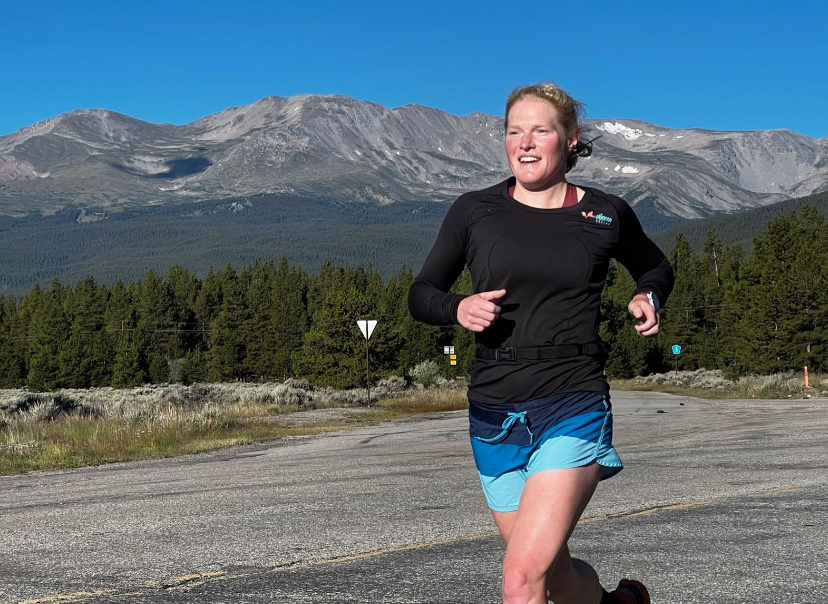You may wonder if your nutritional needs change through the year depending if you are in your post-season, pre-season, general preparation phase, or specific preparation phase. The answer, like most things, is that it will depend on your specific situation. However, for most of us, we do experience fluctuating nutritional needs throughout the year, and as our training and racing schedule changes.
Since most endurance athletes are in their post or pre season right now, let’s focus on nutritional needs for those phases. In this post, we’ll review guidelines to listen to our bodies, tie nutritional needs to our training load, and maintaining a healthy food focus.
Listen to Your Body
My #1 guideline is to listen to your body – if you’re hungry, eat, if you’re full, stop eating. Our bodies are wise machines if we learn how to listen to them. They will tell us what we need and how much. Often times when we reduce training, our appetite will follow, and we can tune into feelings of hunger and satiety.
Training Load
Variations in our training load will impact our appetite and nutrition needs. During the pre and post seasons, we don’t train at a high volume or intensity, as compared with other periods in our training year.
During times of high training load, we may need 4000 calories (or more) and >400-500g carbohydrates daily. In the pre and post season, our calorie needs may come down by 500-1000 calories per day depending on training load, and our protein, fat and carbohydrate needs also decrease.
Carbohydrate needs may be the most substantive change with reduced training stress, and an easy way to think about carbohydrate intake is to emphasize eating nutrient dense, whole foods as your main sources of carbs (i.e. fruits and vegetables). For instance, if your normal go-to snack during the racing season is a bar, switch to a piece of fruit in the post and pre seasons.
Keep in mind, however, that carbohydrates are not “bad”. Too often this macro gets demonized. But it is crucial for maintaining energy for all humans, and even more so for athletes.
Another thing to be mindful of is eating too little. Our bodies still need full nourishment to recover from the rigors of race season, and the training we continue to do through post and pre season. Drastic reductions in calorie intake can be detrimental to that purpose, as well as leave us sick, injured or with low energy availability.
Maintain a Healthy Eating Balance
Eating healthy is not the same as eating perfectly. It is not kind or reasonable to expect that we eat perfectly. Rather, we can focus on the process of eating healthy, even as we enjoy the treats that the holiday season has to offer. (In fact, treats are an important part of a balanced approach to eating healthy!)
Practice a mindful approach to healthy eating by keeping focused on nourishing your body with whole, quality foods to help keep your immunity up, staying well energized for workouts, and promoting recovery from each session. I recommend focusing on adding healthy foods in, rather than taking anything away. So think about veggies or protein sources you can add to various meals and snacks to boost the nutritional value.
If you are thinking treats don’t fit here – you are wrong! It’s absolutely ok to have treats. Food is meant to be enjoyed, as we keep everything in moderation.
You can also use the extra time you have from reduced training to learn some new recipes and do more meal planning and batch cooking. If you have these routines and recipes already in place, this will save you time in the build and racing seasons when you’re busier.
For more resources for nutrition, check out our nutrition-focused articles on the website.
~*~*~*~*~*~*~*~*~*~*
If you’d like more support or advice with your daily nutrition, consider our 10-week nutrition coaching program.

